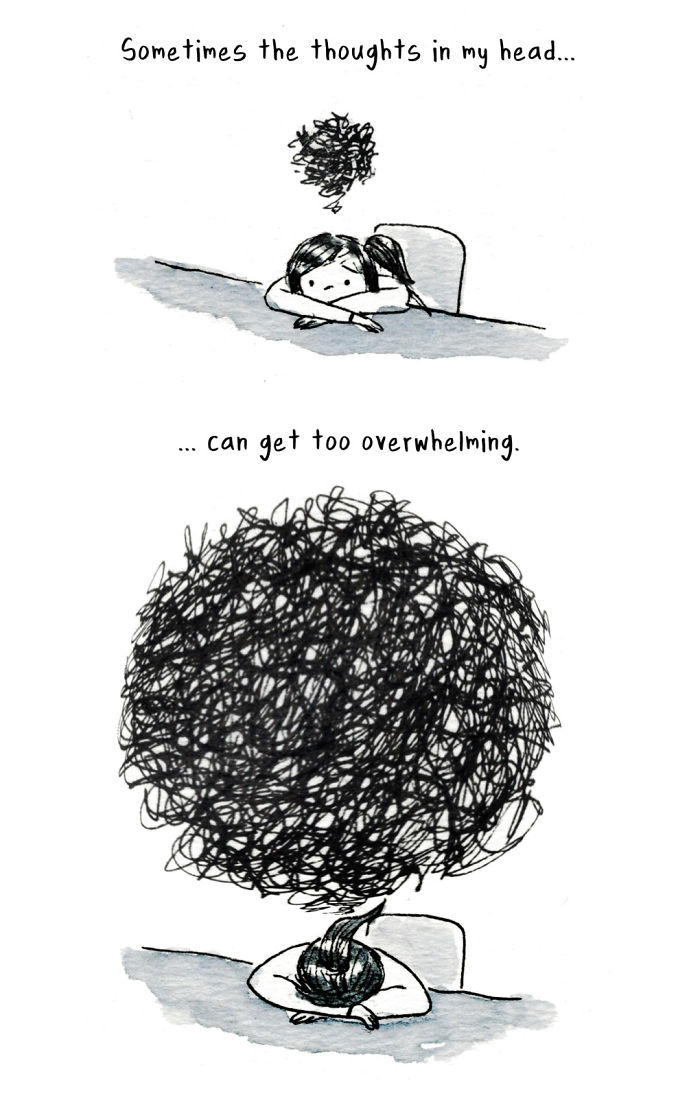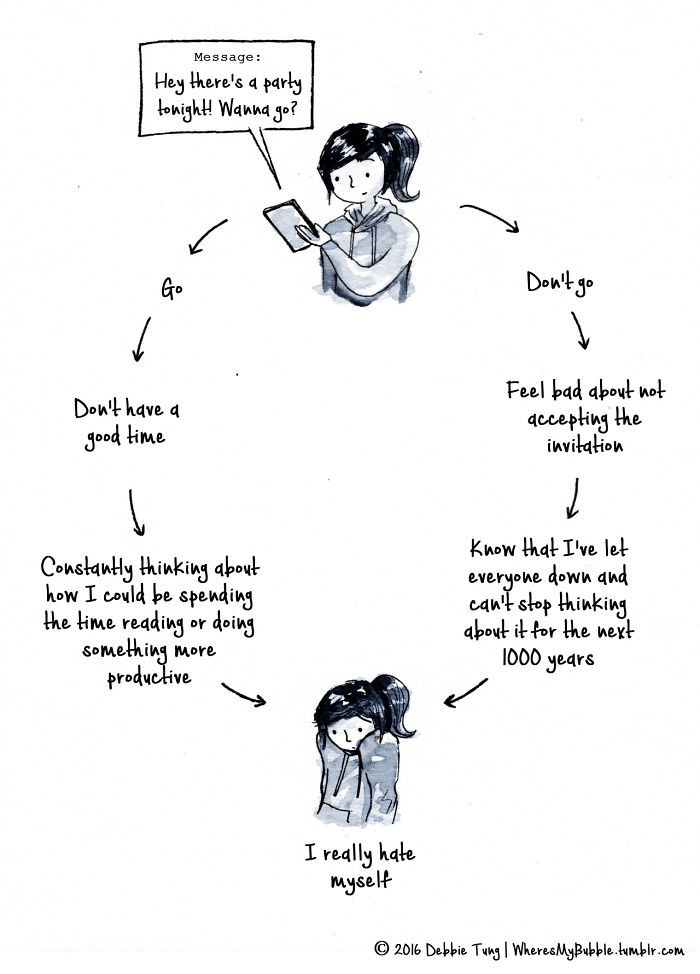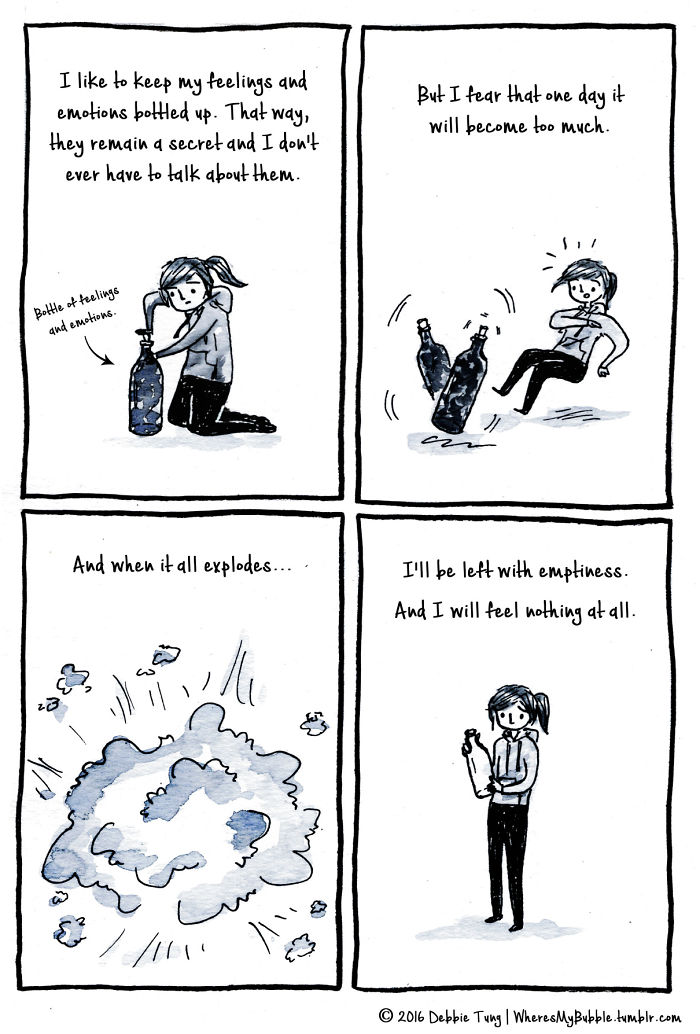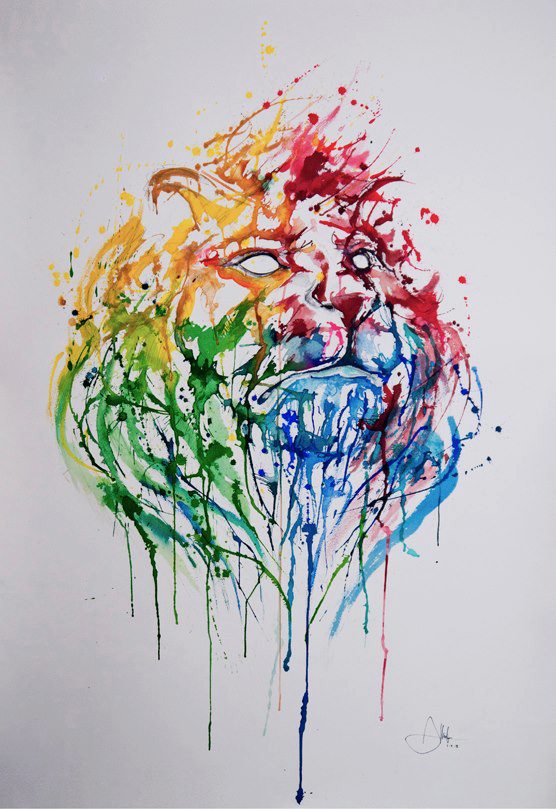Explore & Expand
The introverts – Unique individuals deserving appreciation
Introverts are a unique group of individuals who are often misunderstood in our extrovert-idealizing society. Despite being labeled as shy, socially awkward or even antisocial, introverts possess tremendous inner strengths that enable them to make valuable contributions to the world. This article aims to provide an insightful perspective into introversion and calls for more acceptance and appreciation for this special personality type.
Introversion is often confused with shyness, but these two traits are entirely distinct. Introversion refers to how a person responds to stimuli, recharges their energy and processes information. Introverts feel drained from too much social interaction and need solitary time to recharge. They prefer having deeper, more intimate conversations rather than engaging in small talk with large groups. Introverts thrive in quiet environments where they can reflect, create and tap into their rich inner world.

While our extrovert-centric society tends to view qualities like outspokenness, dominance and constant engagement as ideal, this discounts the immense potential of introverts. Introverts have an innate ability to think deeply, focus intensely and see things from a unique perspective. Many influential figures like Gandhi, Darwin and Eleanor Roosevelt were introverts who channeled their powers in extraordinary ways. Introverts excel at everything from the arts, writing and music to science, invention and leadership.
The strengths of introverts demonstrate that diversity should be valued, not forcing everyone into an extroverted mold. By understanding introverts and what makes them tick, we can create an inclusive environment for them to shine. The world needs both extroverts and introverts to reach its full potential.
Four Main Types of Introverts and Their Characteristics
There are 4 main types of introverts:
Social introverts: They still enjoy socializing but need more alone time. For example, after a get-together with friends, they may need a few days at home reading books and listening to music to recharge their energy levels. They like being with people but feel drained after too much interaction.

Reflective introverts: They like observing and reflecting deeply on various subjects. For instance, Einstein would spend whole days alone pondering the theory of relativity, totally absorbed in his thoughts. Other reflective introverts may keep detailed journals analyzing their lives and emotions.

Anxious introverts: They tend to frequently worry about many things in their lives and are prone to stress. For example, they may obsessively fret about not knowing what to say or how to act when meeting someone new. They may also be anxious about exams, health issues or how they are perceived by others.

Source: Where’s my bubble?
Restrained introverts: They find it very difficult to openly express emotions and tend to keep things to themselves. For instance, they seldom visibly laugh, cry or get angry even when genuinely feeling happy, sad or upset. They have a rather inexpressive exterior and tight control over their feelings.

Source: Where’s my bubble?
While having differences, all introvert types possess unique strengths that should be recognized and valued. Their tendencies come naturally based on their neurobiology.
Eight Outstanding Strengths of Introverts
1. Profound thinkers:
Introverts innately spend much time pondering issues in depth. Their rich inner world allows for profound insights. E.g. philosopher Plato who had groundbreaking ideas.

2. Creative when independent:
Peace and quiet helps introverts maximize their creativity. Famous creatives like writers, artists and composers often produced their best works in solitude.

3. Adept at expressing emotions through art:
Introverts often prefer expressing themselves through artistic pursuits like writing, music and painting rather than through small talk. Many renowned artists were likely introverts.

4. Observant with an eye for detail:
Introverts notice subtle details that others easily miss thanks to their reflective abilities. Their powers of observation contribute to fields like science, investigation and the arts.

5. Building sincere relationships:
Despite having few close friends, introverts cherish intimacy and are excellent listeners, leading to meaningful bonds. Their loyalty also helps maintain long-term friendships.

6. Independent and self-directed:
Introverts are remarkably autonomous and do not depend heavily on others to be content. They find fulfillment in their own pursuits.

7. Strong leaders:
Introverted leaders like Mahatma Gandhi make sound decisions after much preparation. Their independence also helps them stick to their vision.

8. World changers:
Introverts like Rosa Parks and Eleanor Roosevelt have made immense impact through quiet determination. Their inner resolve empowers them to fight for their convictions.

Causes and Solutions for Discrimination Against Introverts
Introverts face misunderstanding and bias for two key reasons:
Firstly, societal standards place extroverted qualities like outspokenness and high sociability on a pedestal. Introverts are wrongly perceived as inferior for being reserved and preferring solitude. In fact, their traits are equally valuable.
Secondly, extroverts lack sufficient knowledge about the introverted brain wiring. Introversion is mistakenly equated with shyness when they are wholly separate traits. Introverts have high sensitivity to stimuli and need to recharge alone.
To overcome discrimination, we require:
- Introverts confidently embracing their natural tendencies without self-judgment. They should take pride in who they are.
- Extroverts and society respecting introverts’ differences instead of trying to “fix” them. There must be acceptance of diverse personality types.
- Advocacy for introverts’ rights and accommodation of their needs through legal protections and workplace policies providing private spaces.
- Increased public awareness campaigns and education on introversion to highlight its equally important role in society compared to extroversion.
In conclusion, introverts are a valuable yet often misunderstood group in society today. They deeply ponder issues, make keen observations, unlock creativity through solitude, build meaningful bonds and can change the world through their conviction. Introverts should recognize their inner power instead of conforming to extroverted ideals.
For far too long, introverts have faced stigma and pressure to change from a world catering to the extrovert archetype. But the tide is slowly turning as awareness grows about the science behind introversion. Introverts are wired differently with heightened sensitivity, causing them to become overstimulated and need down time. There is nothing wrong with introverts – they simply have a different nature.
True progress for introverts begins with fully accepting our differences, not trying to erase them. Introverts deserve to embrace their authentic selves without shame or judgment. Only by creating introvert-friendly spaces in schools, workplaces and public spheres can we enable introverts to thrive. Legal protections must also be enacted against introvert discrimination in hiring and promotion.
Our society has for too long favored the loud, dominant and highly sociable among us. But the voices of introverts equally matter. Some of humanity’s greatest visionaries and leaders were introverts – their gifts arose from their inward creativity, insight and resolve. Our world profoundly needs what introverts offer – it is their birthright to contribute without conformity. When this diversity is celebrated, our society grows richer in humanity, wisdom and moral courage.
Read more:
Confident and Effective Communication through 3 Basic Skills
Don’t rush to seek, happiness will come naturally when we learn to appreciate the present


